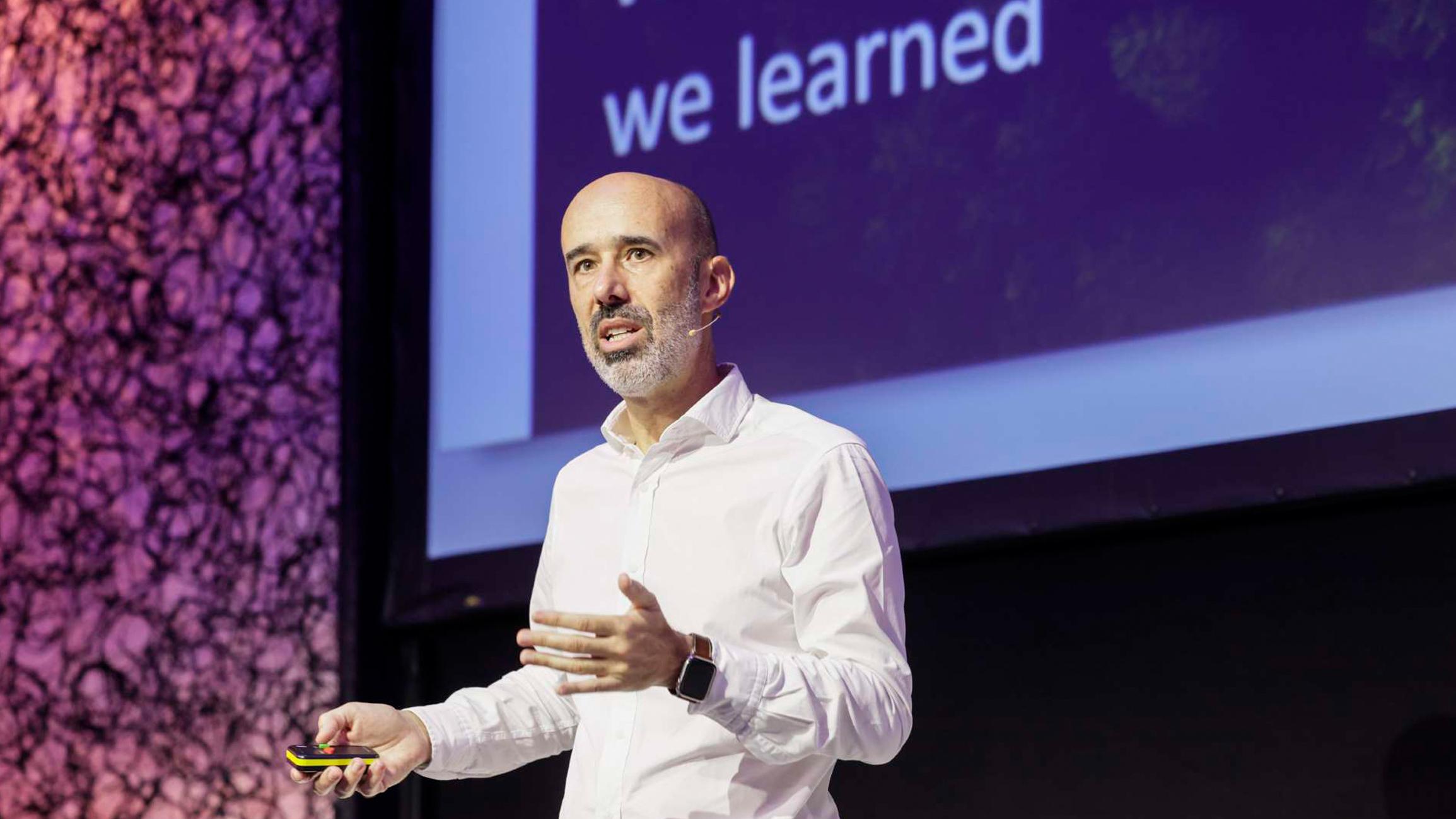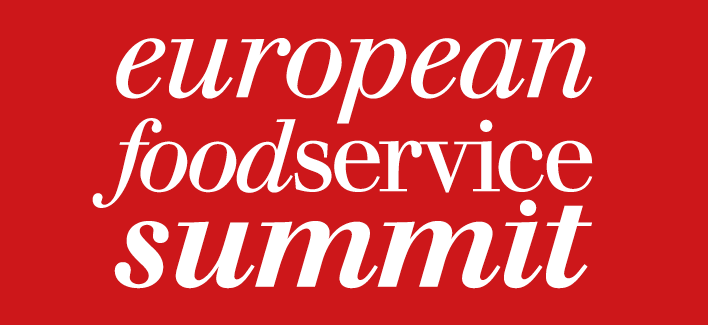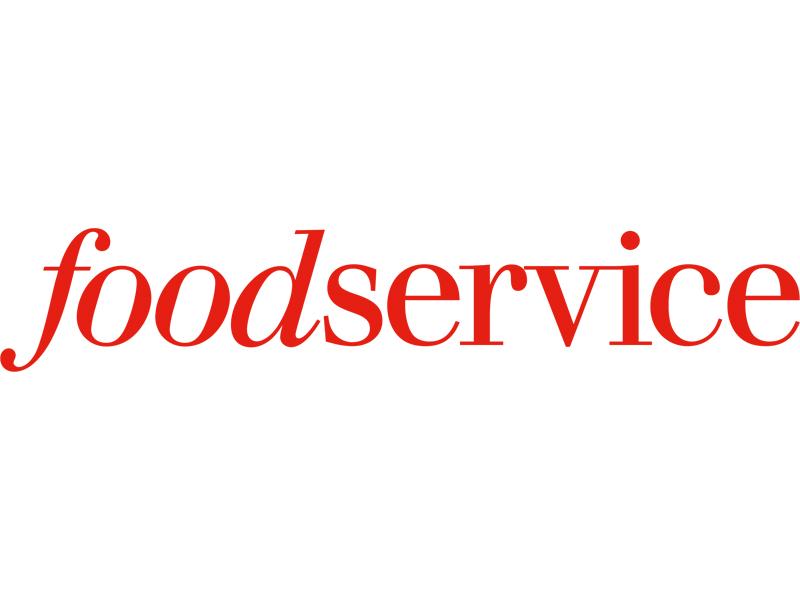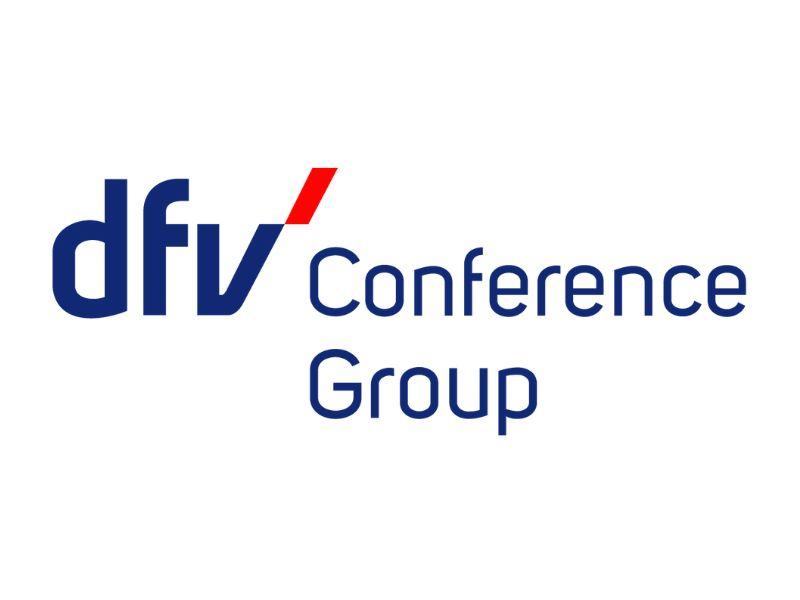Sustainability = Profitability
 “Sustainability can positively impact the bottom line,“ says Jordi Pascual, founder and CEO of Udon, a 72-unit strong Japanese noodle bar concept founded in Barcelona. At the European Foodservice Summit 2023 in Zurich, he outlined the company’s strategic sustainability initiatives.
“Sustainability can positively impact the bottom line,“ says Jordi Pascual, founder and CEO of Udon, a 72-unit strong Japanese noodle bar concept founded in Barcelona. At the European Foodservice Summit 2023 in Zurich, he outlined the company’s strategic sustainability initiatives.
“We are not a sustainable company; we are as sustainable as possible,” Pascual said, stressing his awareness of the inherent negative environmental effects of the restaurant industry, from water and energy consumption to food production’s impact.
Established two decades ago in Barcelona, Udon now spans over 70 restaurants across five countries, boasting around 900 employees. Pascual aims high, setting a revenue goal of €65 million from 100 units for 2024.
Challenges and the 2023-2025 Action Plan
The envisioned expansion represents merely one facet of numerous challenges exerting a negative influence on the sustainability of the business. Adding to the issue, a considerable portion of ingredients is procured from Japan, while the prevalence of delivery and take-away services continues to escalate. To counteract these challenges, Udon has introduced the 2023-2025 Action Plan with the explicit goal of enhancing the brand’s sustainability. Here, delineated are the four primary projects:
- People First
“We work to make our teams happy,” emphasizes Pascual. The Udon University, an in-house talent and training program, alongside a Happiness Index, directly impact sales productivity, creativity, and reduce errors and absenteeism.
A noteworthy challenge lies in implementing sustainability strategies among numerous franchisees – 66 of the 72 restaurants are independently operatedm seven franchisees are responsible for 53 percent of the restaurants. Hence, Udon has introduced a proprietary audit system evaluating franchisees on sustainability criteria (People, Product, Planet). Every operational process and decision undergoes consistent scrutiny for sustainability. Based on the evaluation, a gold or silver certificate is awarded.
- Product Matters
Udon takes steps like reducing salt and sugar content, incorporating plant-based options, and utilizing 100% organic salmon with ASC certification. Participating in initiatives like the Masthuhn (broiler chicken) program and prioritizing pork with animal welfare certifications underline their commitment.
- Planet Lovers
Recognizing their environmental influence, Udon actively reduces and offsets its carbon footprint. The delivery business operates 100% plastic-free, and the company has decided to shift towards European-sourced ingredients for their Japanese-inspired menu items.
- Passion Driven: A Commitment to Passion
“We are passionate about what we do,” asserts Pascual, encapsulating the company’s dedication to its mission.
There’s profitability in sustainability
Pascual notes that sustainability measures have proven profitable. For example, switching to local suppliers reduced product costs as well as carbon footprint, with unexpected savings found in replacing disposable chopstick covers with a redesigned napkin. The key takeaway for Pascual is clear: “We must measure to improve. What cannot be measured cannot be improved.” Ultimately, Pascual envisions Udon as a company that society desires—a force for positive impact on both people and the planet.



